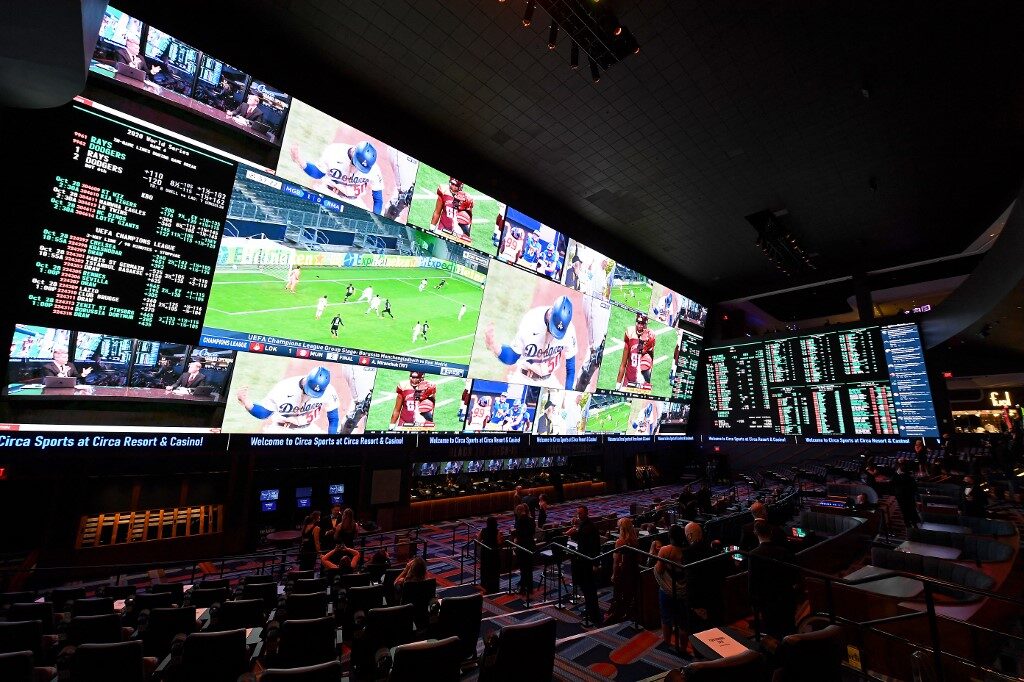
In the realm of Michigan sports betting, the Michigan Gaming Control Board (MGCB) has recently put forth a proposal that would prohibit anything that could be construed as a sports bet. If approved, this would ban daily fantasy sports (DFS) sites in the state from offering “proposition selection” products that resemble sports betting.
Treading Too Close to the Line
Daily fantasy sports operators have been walking a tightrope according to the MGCB and they want them to stay away from anything resembling sports bets like pick’em contests and predictions. Naturally, the sportsbook operators are happy but the DFS operators are quite the opposite.
The legislation would ultimately have to be approved by lawmakers but the verbiage included in the proposal states DFS operators would not be permitted to offer any “proposition selection or fantasy contests that have the effect of mimicking proposition selection” and “any fantasy contests that involve, result in, or have the effect of mimicking betting on sports.”
Boom, PrizePicks, and RealTime Fantasy Sports, are the three strictly DFS companies currently operating in the Great Lakes State with Underdog Fantasy Sports having already departed once it became aware of the DFS licensing requirements set forth by the state.
We should also point out that this is not an issue peculiar to Michigan as other states are looking into the DFS pick’em bets and the legality therein. Michigan and 10+ states that offer mobile sports betting are the only ones that allow these DFS prop bets. And states like New York are deliberating as to whether it constitutes sports betting and, therefore, would be in violation of the rules.
The Wyoming Gaming Commission sent a cease-and-desist letter to Underdog Fantasy and PrizePicks in July regarding this very subject and Maine filed a complaint against Underdog Fantasy Sports as well. Both letters addressed the matter of there being illegal sports betting involved which would be in direct conflict with the sportsbook operators that pay a heavy price to operate within the state boundaries.
The Ohio Casino Control Commission, also launched an investigation into the activities of five DFS operators in their jurisdiction back in June while Massachusetts is also reported to have begun proceedings of their own.
DFS Operators Fighting Back
Underdog Fantasy founder and CEO, Jeremy Levin, is not taking kindly to his company being lumped in as a sports betting concern. He pulled his company out of Michigan and has recently written a letter defending the legality of what he and other DFS companies are doing as being strictly within the letter of the law.
Levine insists that states like Arizona, Colorado, and Indiana have buttressed his claims of legality within those jurisdictions and that his company is not violating any laws. “When the Supreme Court later permitted states to legalize sports betting, DraftKings, FanDuel, and their lobbyists went to work,” he wrote.
“But this time, they wrote laws designed to make it hard for innovators to break into the brand-new sports betting industry. The strategy worked and they had a near instant monopoly, capturing nearly 80% of the U.S. sports betting market.”
Levine closed with the following, “But Underdog and other companies innovating in fantasy sports and sports betting threaten their monopoly. They’ve seen our company, and others, produce superior products, and more exciting user experiences, and begin to challenge them for sports fans’ attention – and they’re scared that we will challenge their market positions. We’re already bigger than they are in fantasy. Frankly, they should be scared.”













